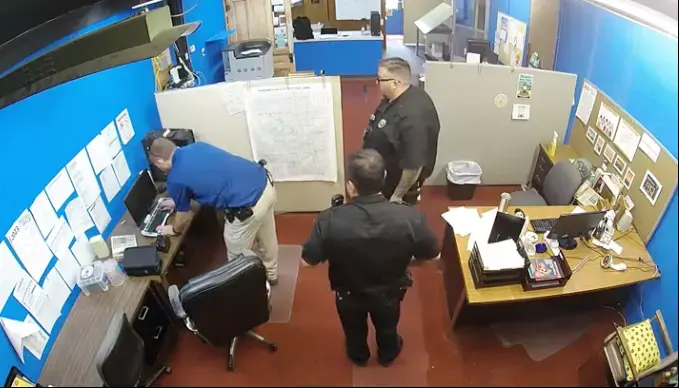Summary
-
The Marion County Record newsroom in Kansas was raided by police, who seized two cellphones, four computers, a backup hard drive, and reporting materials.
-
A computer seized was most likely unencrypted. Law enforcement officials hope that devices seized during a raid are unencrypted, as this makes them easier to examine.
-
Modern iPhones and Android phones are encrypted by default, but older devices may not be.
-
Desktop computers typically do not have encryption enabled by default, so it is important to turn this on manually.
-
Use strong random passwords and keep them in a password manager.
-
During the raid, police seized a single backup hard drive. It is important to have multiple backups of your data in case one is lost or stolen.
-
You can encrypt USB storage devices using BitLocker To Go on Windows, or Disk Utility on macOS.
-
All major desktop operating systems support Veracrypt, which can be used to encrypt entire drives.
Main Take-aways
-
Encrypt your devices, drives, and USBs.
-
Use strong random passwords and password manager.
-
Have multiple backups.



Well, you can hit the power switch. The local constabulary isn’t gonna be smart enough to plunge the computer into liquid nitrogen and work on extracting the symmetric key from the frozen memory (although, federal authorities might be).